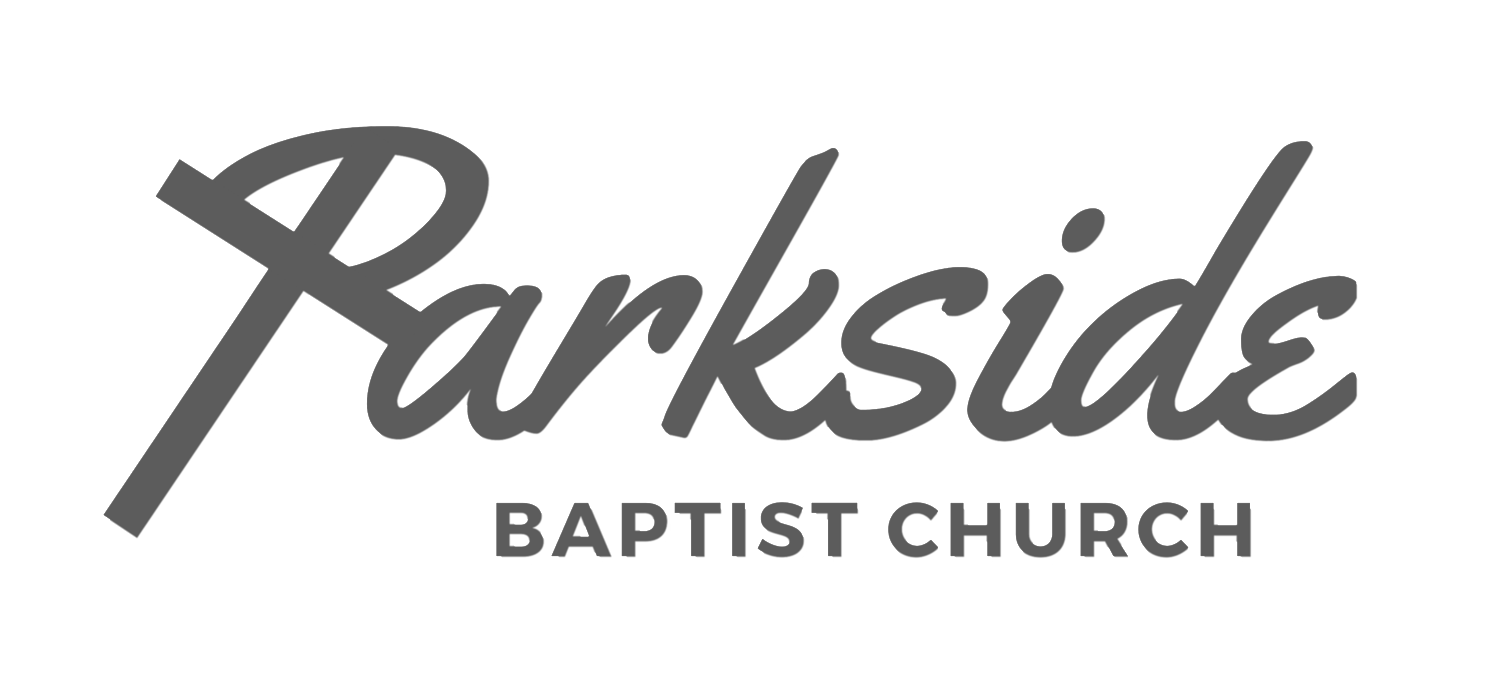I don’t think anyone fully understands the Trinity, but we have to come to God as he has revealed himself, limited as that might be for our earthly minds to comprehend. One part of God as three persons in one, is that of God the Father. In talking about God as Father, it is important to remember that both men and women are made in the image of God, and that there are many feminine images of God and how he acts scattered throughout Scripture. God is neither male nor female in the way we understand sexuality. God is Spirit, nevertheless God is very often portrayed as a Father right through the Old and New Testaments.
When we talk about God as Father, we all come with our own idea or experience of what that looks like or who God might be as our “Father”. For some of us we had a great experience of being loved by our fathers, as imperfect as they may be. For others our experience has not been that great or even really awful. Some people don’t even have the chance to know their father personally for various reasons. As we start this new year, Russell will be leading us through a three part sermon series on God as Father, and I hope it will be helpful for all of us as we come to God as his beloved children, each uniquely loved and known.
A challenge in relating to God as Father can arise when our image of God as father is messed up and not correct or not safe because we tend to project out of our own experience from our human fathers. What we need is a fresh understanding of who God the Father really is, and allow God to actually come to us as he is, rather than a projection of who we think he is. The disciples were very keen to know God the Father, and so they asked Jesus directly to “show us the Father”. Jesus replied that if they have seen him, then they have seen the Father. That is an incredible statement! If Jesus and the Father are one, and the Father is in Jesus, then all that Jesus says and does is actually the true presence of the father in their midst. That is incredibly personal and someone I can come to more easily, because we know so much about who Jesus was and his character.
Because our projections are so wrong and because God wanted to be known for who he really is he stepped out from behind the curtain in the temple in the person of Jesus. The Father in the flesh – real, human, touchable, huggable, able to share stories and jokes and meals and conversation. Jesus is the image of the invisible God – the exact representation of him in every way. I like Jesus, I want to hang with Jesus, I am super interested in what he has to say to me, and if that is who the Father is, then I can allow that to heal or re-shape my image of who God is. I pray that as we start this new year, each of us will come to know God more fully, Father, Son and Holy Spirit. That we would allow God to come to us as He is through the person of Jesus, and for us to know him in new and surprising ways.
Grace and Peace - Garry

